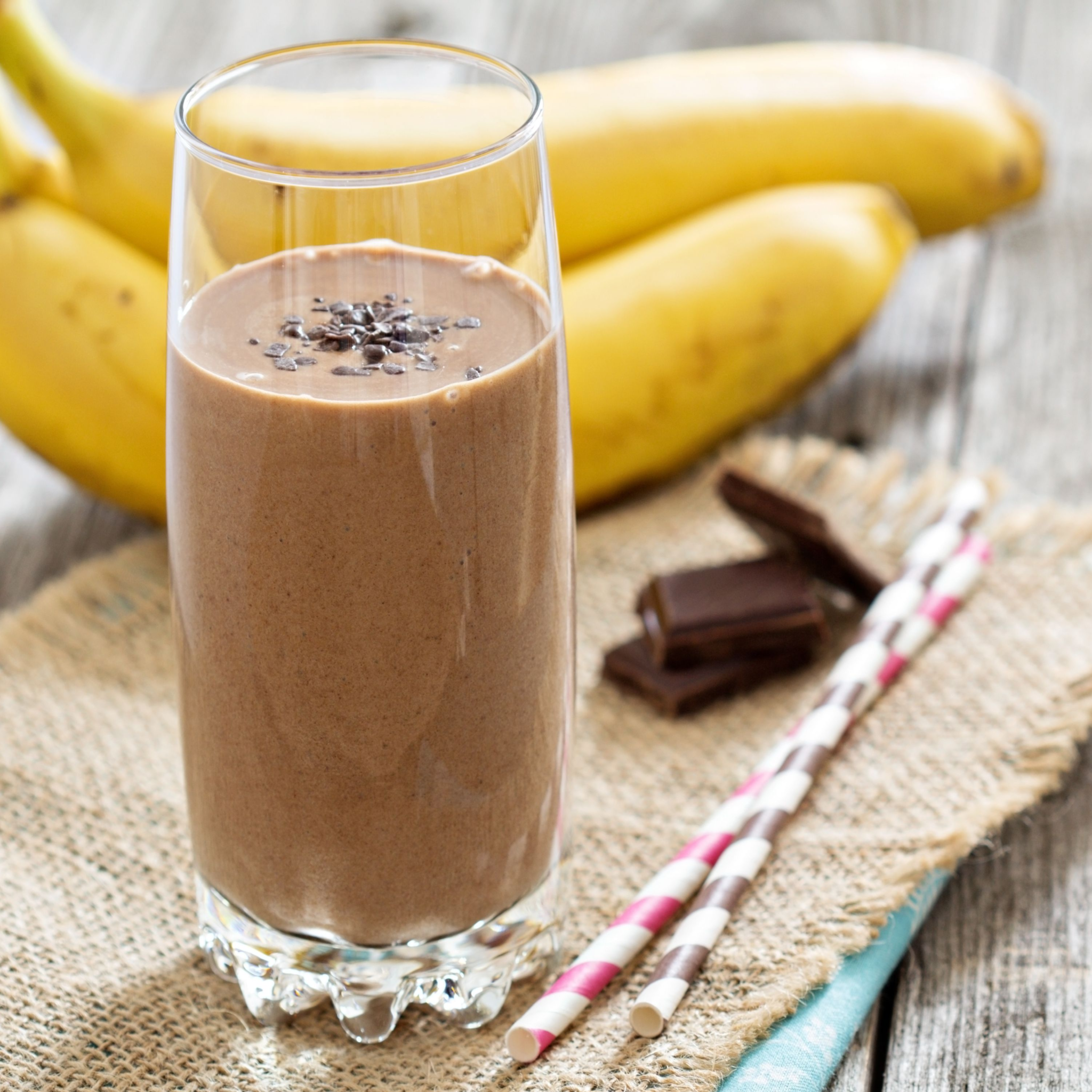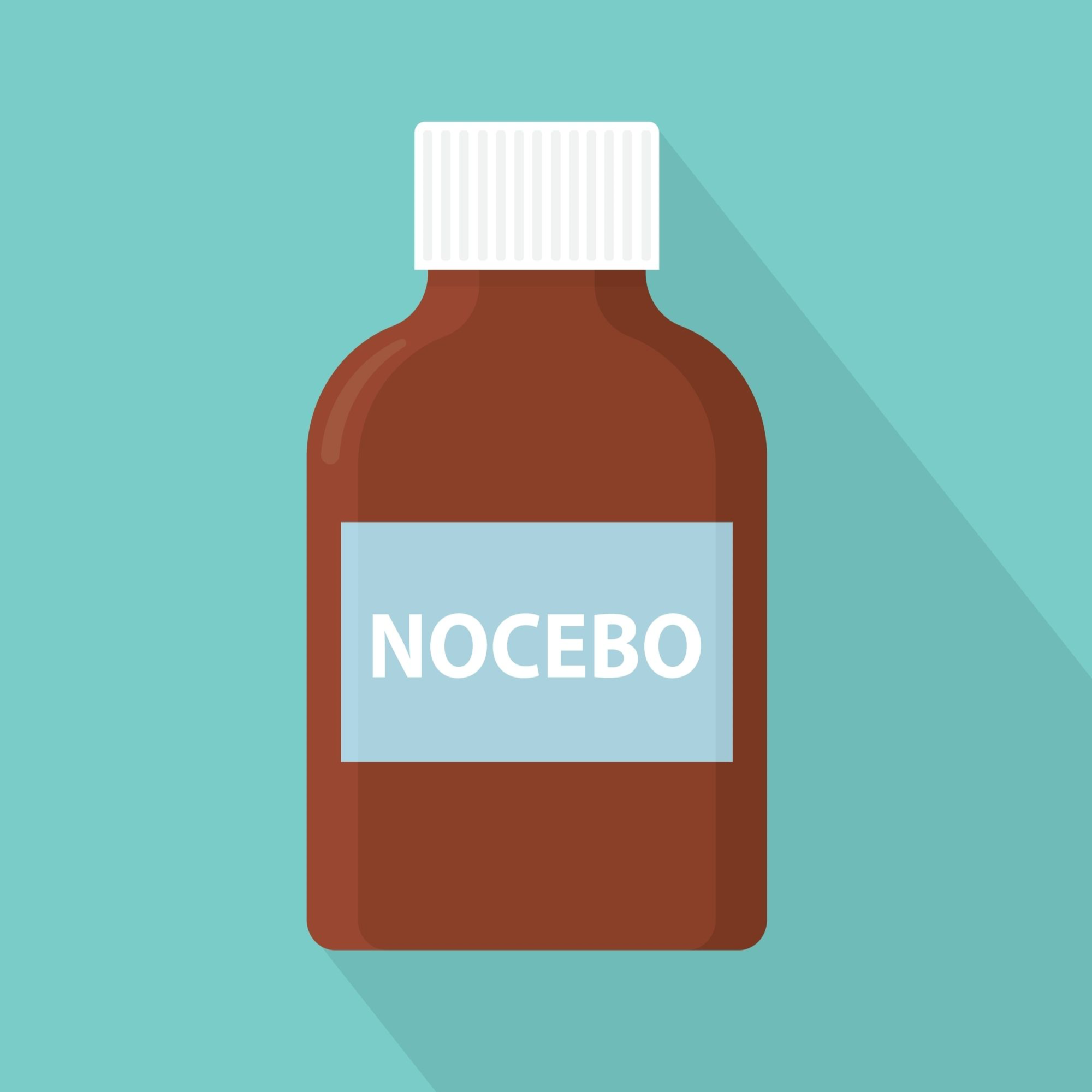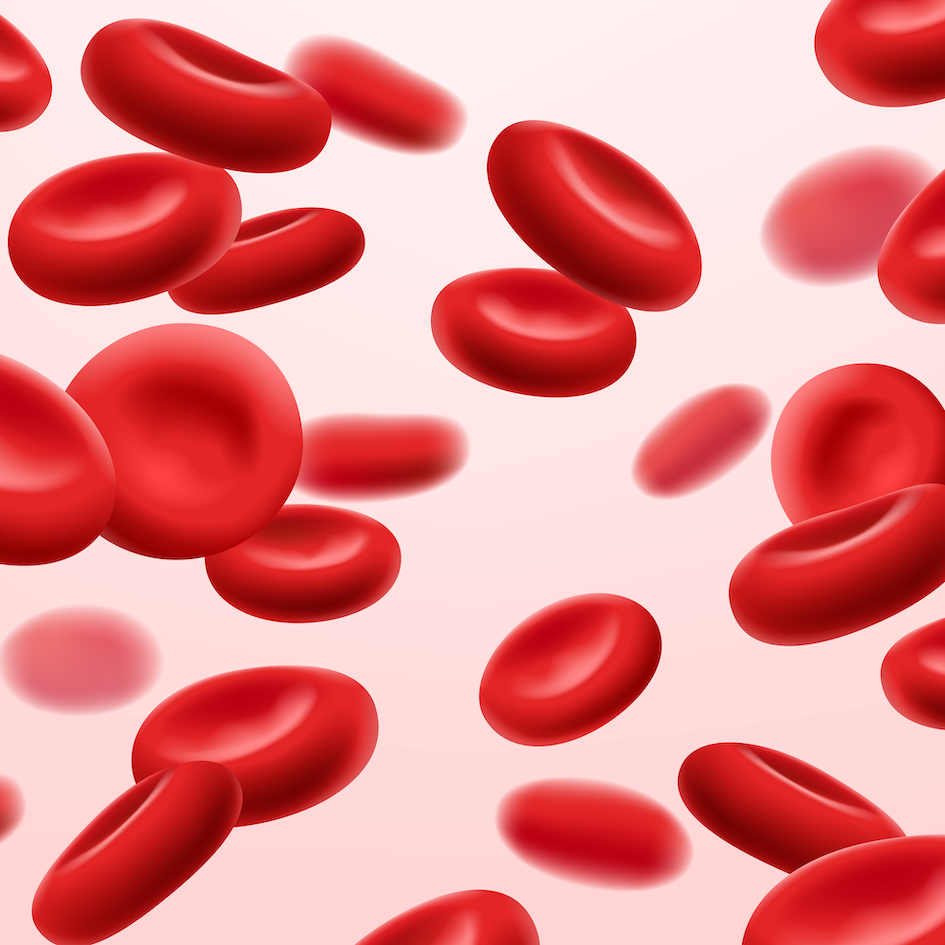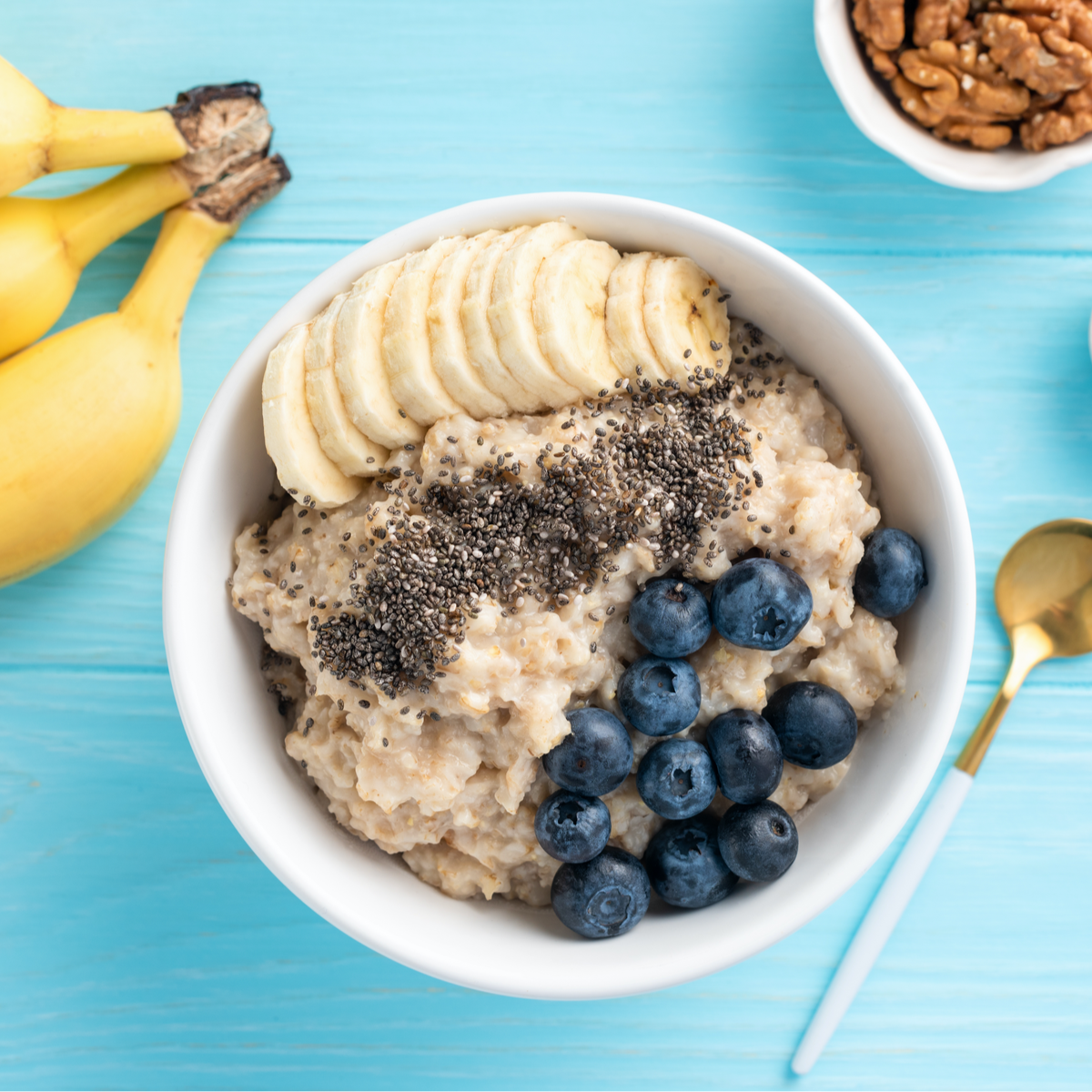
“I would like to go vegetarian but I’m afraid that I won’t get complete proteins.”
The belief that plant-based proteins are lower quality, specifically, that they are ‘incomplete’ because they are ‘missing’ amino acids has been around for decades. Yet, as a biologist, I am highly skeptical of this so-called fact.
My skepticism — and that of my fellow scientists — is rooted in these two facts:
- Plants use the same twenty amino acids that we do to build their proteins (the genetic code is universal).
- All animals ultimately get their protein from plants – whether directly or indirectly through the food chain.
Over the years, numerous troublesome scientists have raised their hand and tried to get ‘expert bodies’ to revise their erroneous statements about plant-based proteins. I particularly like this exchange between a physician-scientist Dr. John McDougall and the American Heart Association back in 1992. Despite such efforts, the myth of incomplete plant proteins is still going strong, decades later.
In this article, I do something that most plant-protein bashers haven’t done: show real data. I looked at how much of each essential amino acid various foods provide and asked whether or not this is ‘enough’. I compared various plant-based sources to meat and dairy.
I emerged from my research with a call to action. We need to change the way we look at and talk about the quality of plant-based proteins.
Calling plant-based proteins incomplete is like calling milk an incomplete source of calcium because it takes more than one glass to meet your needs.
Dr. Chana Davis, Fueled by Science Tweet
Learn more and see my mythbusting data here!





